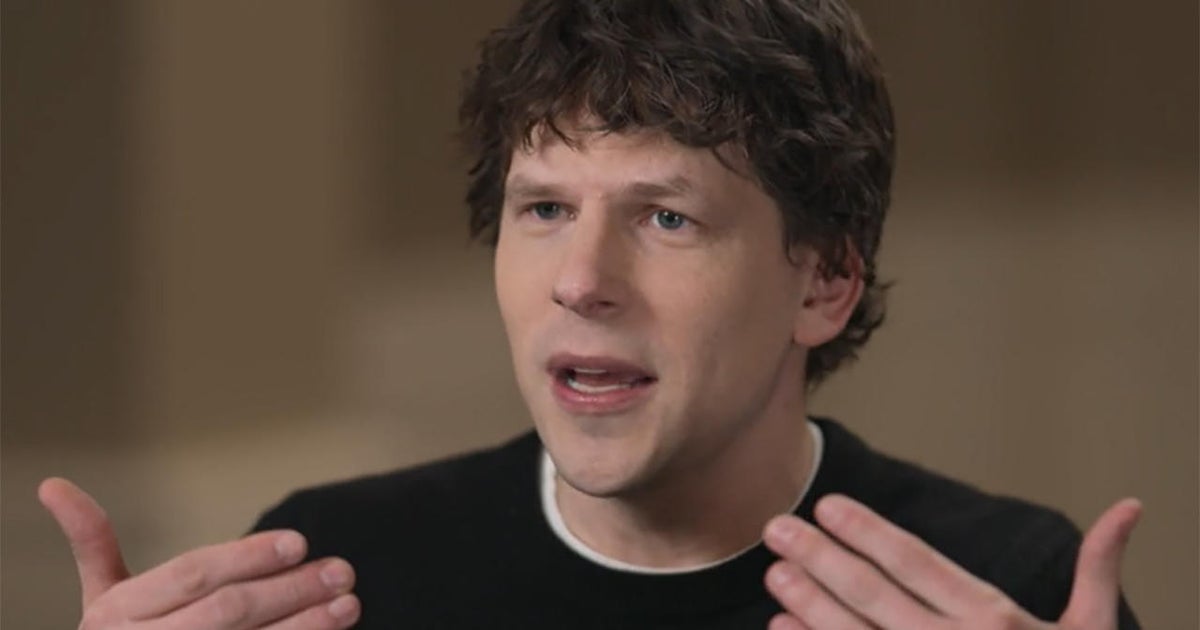Javier comes across as bewildered by the changes in his wife. He is grieving, he says, the loss of the woman he married, starting with her physical self. “I used to love feeling her body, her big body, next to me in bed, the softness of it. The extra tummy and extra booty was comforting and reassuring,” he says. “I miss that. The voluptuousness, being able to lean up next to her and feel her, for lack of a better word, draping over me or onto me. That’s no longer an option.”
Before prescribing these drugs, responsible clinicians will advise patients of the well-known side effects — diarrhea, constipation, nausea, vomiting, headache — as well as the need for modifications in diet and exercise. They will explain the dosage schedule and may discuss cost. That, more or less, is where the professional guidance ends. But the effects of extreme weight loss on love relationships can be profound. The first and most substantive research related to the subject goes back to 2018, when a team of Swedish epidemiologists published a study of the impact of bariatric surgery on marriage. After surgery, they found, married couples were more likely than those in a control group to divorce or separate, whereas single people were more likely to marry. In couples, “there’s such a drive to keep things the same,” says Robyn Pashby, a clinical psychologist who specializes in issues related to weight loss or gain. “When one person changes, it changes the system. It does break that unspoken contract.”
Jeanne and Javier agree that the past 10 months have been the hardest of their married life — harder than Jeanne’s postpartum depression or their decision that Javier would become a stay-at-home parent who is dependent on Jeanne’s corporate job. Each has been in individual therapy, off and on, for years; since Jeanne started Zepbound, they’re in couples therapy. “I’ve told her: ‘I don’t recognize you. I need a road map,’”Javier says. “I think she’s become a different person.”
Javier’s therapist recently sent him a link to a three-phase curriculum for couples who hope to jump-start their sex life. In the first phase, both partners remain fully clothed. One touches the other everywhere except the erogenous zones, while the receiving partner says what they do and don’t like. Then they switch roles. Jeanne and Javier tried it once, and Javier says he “enjoyed it very much.” But when he asked Jeanne if she wanted to do it again, she said no — she wasn’t ready. “I mean, that’s nerve-racking to me, because how can I reconnect physically with my wife when she doesn’t appreciate or like or want to be touched?” he says. Her body is “something new and exciting for me, and I would like to explore it.”
Jeanne, who leads with a generous smile, feels as if she’s molting. ‘I’m very much in flux,” Jeanne explains. “Like I haven’t caught up to my body.” She says her primary experience of the past year, aside from the radical diminishment of her appetite, has been a discovery of her own boundaries and an ability to assert them. She is a people-pleaser by temperament, and now Jeanne has noticed that it feels easier to say no — at work, in social situations and to extended family, as well as to Javier. The bedroom is where her new boundaries have emerged most clearly. She hasn’t wanted to have sex for at least five years, she told me, but until last March, she complied: “I felt like it was my responsibility, and I wanted to solve this problem.” She told me that she wants to want to have sex, but currently she does not.














































